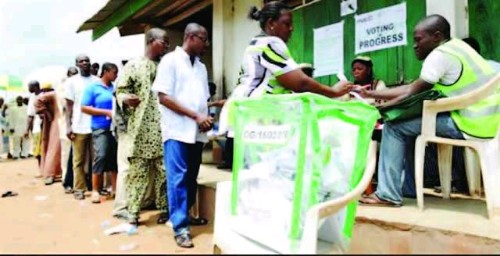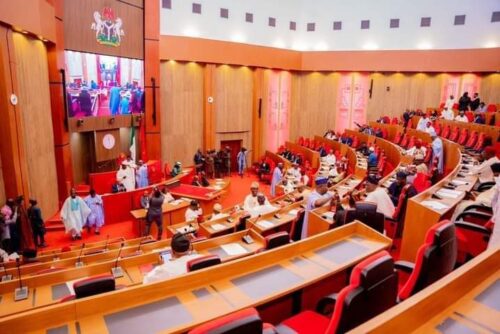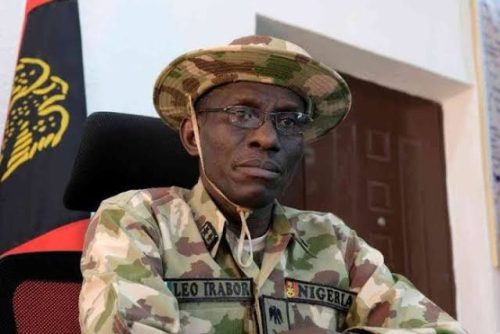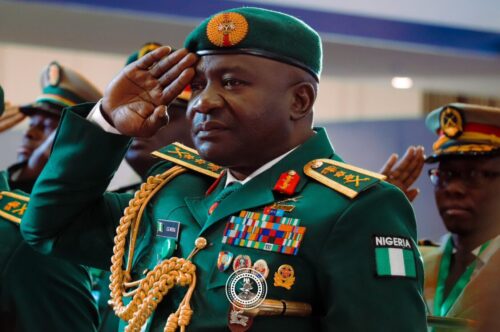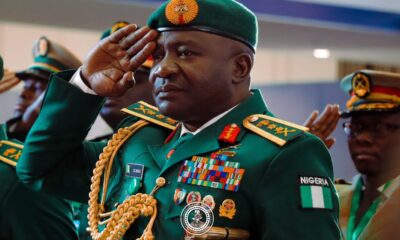Following the Supreme Court’s ruling last Thursday, which prohibited federal allocation to local governments managed by caretaker committees, at least 13 states have scheduled dates for local government elections.
The states preparing for council polls include Kaduna, Kogi, Bauchi, Katsina, Osun, Enugu, Benue, Rivers, Jigawa, Imo, Kebbi, Abia, and Anambra.
Kaduna State Independent Electoral Commission has set October 19, 2024, for its council election.
The Supreme Court’s landmark judgment, delivered by Justice Emmanuel Agim, declared it unconstitutional for governors to control local government funds, emphasizing that the 774 councils should manage their finances independently.
The Attorney-General of the Federation, Lateef Fagbemi (SAN), had filed the suit (SC/CV/343/2024) on behalf of the federal government against the 36 state governors.
The apex court declared that the government is divided into three tiers: federal, state, and local governments.
The court further declared that a state government had no power to appoint a caretaker committee and a local government council was only recognisable with a democratically elected government.
“A democratically elected local government is sacrosanct and non-negotiable,’’ the apex court declared, putting an end to the practice of appointing caretaker committees to run the councils by the state governors.
The court further asserted that the use of a caretaker committee by the state governments to administer the local government violated the 1999 Constitution.
The Supreme Court further affirmed that the local government areas should be governed by a democratically elected government but “The state by the abuse of their power has worked against this law.”
The court declared that the 36 state governors had no power to dissolve democratically elected local government councils to replace them with caretaker committees.
“Such an act is unlawful, unconstitutional, null and void,’’ Agim stated.
The apex court barred the state governors from receiving, retaining or spending the local government allocation.
It said the practice of receiving and retaining local government funds by the states had gone on for too long, describing it as a clear violation of section 162 of the 1999 Constitution, as amended.
The court held that the 1999 Constitution states that any money leaving the federation account must be distributed to the three tiers of government.
It added that it is the local government administrations that should receive and manage funds meant for the local councils.
Agim declared, “I hold that the state’s retention of the local government funds is unconstitutional.
“Demands of justice require a progressive interpretation of the law. It is the position of this court that the federation can pay LGA allocations to the LGAs directly or pay them through the states.
“In this case, since paying them through states has not worked, justice of this case demands that LGA allocations from the federation account should henceforth be paid directly to the LGAs.”
Following the verdict which was widely applauded, the Finance Minister and Coordinating Minister for the Economy Wale Edun, Attorney-General of the Federation and Minister of Justice, Lateef Fagbemi (SAN) were reported to have scheduled a meeting for Tuesday (yesterday) with the Federal Accounts and Allocation Committee officials to discuss the implementation of the apex court verdict.
It was uncertain if the meeting was held.
Announcing the date for the council poll at a meeting with political parties and other stakeholders on Tuesday, the Kaduna SIECOM Chairperson, Hajara Mohammed, explained that the current council officials members were sworn into office on November 1, 2021, and would end their three-year tenure on October 31, 2024.
She said, “The current council members were sworn into office on 1 November 2021 and will end their three-year tenure on 31 October. KAD-SIECOM is responsible for organising the elections of chairpersons, vice-chairpersons, and councillors in the state.
“In consonance with the provision of section 25(1) of the KAD-SIECOM Law 2024, the general public is hereby informed that the LGA council election will be held in Kaduna on Saturday, 19th October 2024, between 8am and 4pm.
“The commission issues the election timetable today, Tuesday 16th July 2024. The 2024 election guidelines have been released with the election timetable KAD-SIECOM is ready to conduct the election on the set date.”
The Kogi State Independent Electoral Commission also announced October 19 for the local government election across the state.
Addressing a stakeholders’ meeting in Lokoja on Tuesday, the Chairman of the electoral commission, Mamman Eri, said the decision was in line with the provision of the Constitution and the powers vested in the state Independent Electoral Commission.
He explained that a comprehensive timetable and schedule of activities had been prepared to ensure a transparent, fair and credible electoral process.
“We assure you that these activities have been designed with utmost consideration for inclusivity, transparency and adherence to electoral laws,’’ he said.
According to the election timetable, a councillorship candidate will pay a N100,000 deposit while a chairmanship candidate will part with 250,000.
It prohibits a candidate who has been dismissed from public service or private employment from contesting for any of the elective positions.
Also, anyone who has been found guilty of an offence involving narcotics or any other psychotropic substance by any court or tribunal cannot contest the poll.
Eri appreciated the continued support and collaboration towards the success of the election.
Also, the Bauchi State Independent Electoral Commission has fixed August 19 for the local government elections in the state.
The Chairman of the commission, Alhaji Ahmad Makama, who disclosed this at a news conference on Tuesday in Bauchi, said all necessary arrangements had been concluded to ensure free and fair elections.
He reiterated the commitment of the commission to conduct a credible and transparent election, urging citizens to come out and vote for their preferred candidates across the parties on election day.
He denied alleged rigging plans, noting that previous elections were free and fair.
Makama said the commission had organised a series of meetings with political parties, security chiefs and relevant stakeholders, as part of the election preparations.
NAN quoted the chairman to have urged the public to support the commission to ensure hitch-free local government elections.
It was learnt that Katsina, Kebbi, and Benue have also set machinery in motion to conduct the local council polls.
The exercise will take place in Enugu on October 5, while Benue will conduct the council poll on November 16.
Others are Kebbi, August 31; Rivers, October 5; Kwara and Imo, September 21.
Katsina has announced February, while Osun will conduct the poll on February 22, 2025.
However, the preparation for the council election in Ondo State has been put on hold
Announcing this on Monday, the Chairman of the Ondo State Independent Electoral Commission, Dr Joseph Aremo, regretted that no single political party complied with the guidelines of the proposed election, despite the issuance of guidelines for the election.
This would be the second time the commission would postpone the election earlier fixed for February and later shifted to July 2024.
Before the latest postponement, the commission had earlier scheduled the council poll for July 13, 2023.
Following the expiration of the tenure of the last executive of the local governments in August 2023, heads of local government administration had been at the helm of affairs in the 18 local government areas of the state.
Addressing stakeholders from various political parties in the state, in Akure, Aremo stated, “Ours is to conduct an election that will usher in a democratic government at the local level. It’s unfortunate that no single party complied with the guidelines for the election.
“We have yet to receive the nomination of candidates, yet to verify and release it to the public for scrutiny.”
Aremo added that the commission would go back to the drawing board and make its position known at a later date.
Reacting, the Ondo State Chairman of the Inter-party Advisory Council, Adesanya Olaoluwa, admitted that all political parties agreed to the terms, knowing that no election could take place without them.
He said, “They now know our reasons. We want to see Mr Governor. It is not that we don’t have trust in ODIEC. We know that they can conduct credible election but we want to see Mr Governor,” he noted.
However, the People’s Democratic Party said that the ODIEC had postponed the elections because the All Progressives Congress was no longer popular in the state.
The state Publicity Secretary, Mr Kennedy Peretei, said, “We knew all along that ODIEC will not conduct the LG election because the APC is not on the ground.”
Credit; The Punch
